Living and working in Europe: A compendium of life before the Coronavirus
The latest Living and working in Europe yearbook provides a snapshot of life and work in Europe before the onset of the Coronavirus (COVID-19).
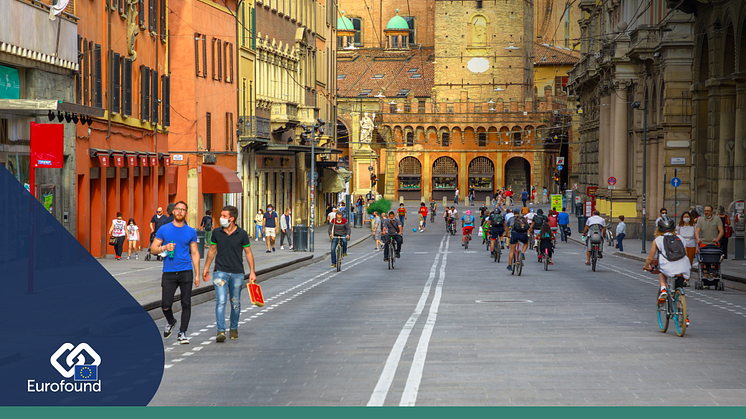
The latest Living and working in Europe yearbook provides a snapshot of life and work in Europe before the onset of the Coronavirus (COVID-19).

One in five people (21%) in Sweden report a worsening of their financial situation during the COVID-19 crisis, and a similar proportion (22%) believe their situation will deteriorate over the next three months, according to Eurofound’s Living, Working and COVID-19 survey.
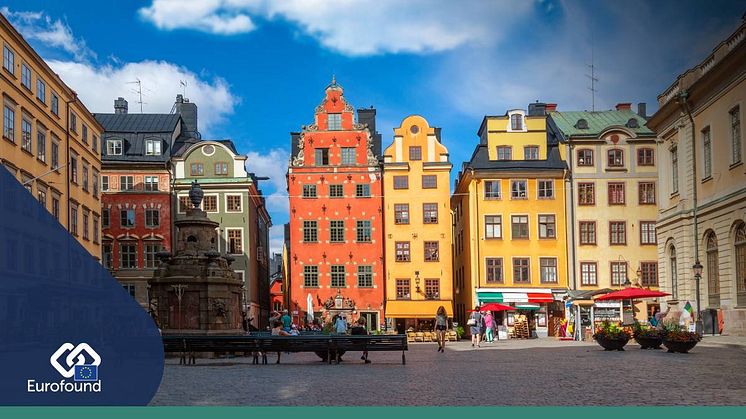
Join us on 10 June for a live #AskTheExpert webinar and Q&A with @MascheriniM and @MaryMcCaugheyEF about #COVID19SurveyEU findings to discuss why particular groups of people are feeling the impact more than others and explore the policy options to help address these challenges.
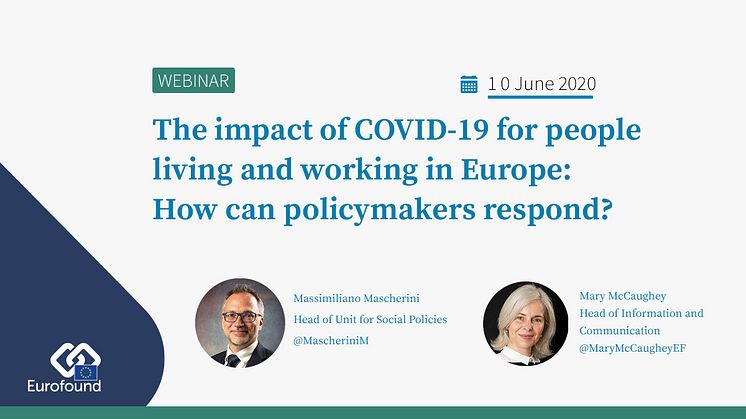
First findings from Eurofound's Living, working and COVID-19 online survey provide early indications that people in Denmark have been some of the least impacted by the COVID-19 crisis. The pan-European survey reveals that respondents in Denmark report some of the lowest levels of job loss and financial insecurity in the EU.
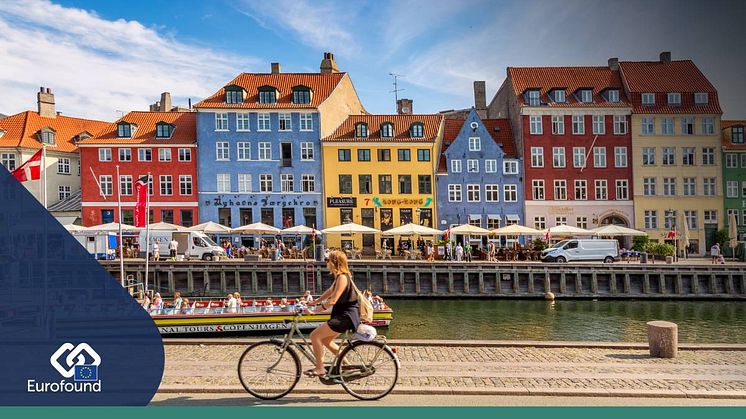
Statutory minimum wages were raised in most EU countries for 2020 – in many even substantially, such as in Poland 17%, Slovakia 12%, and Czechia 11% - according to Eurofound’s ‘Minimum wages in 2020: Annual review’ published today.

Eurofound’s recent research shows that COVID-19 has placed further strain on the Italian labour market and places people across the country in greater financial insecurity.
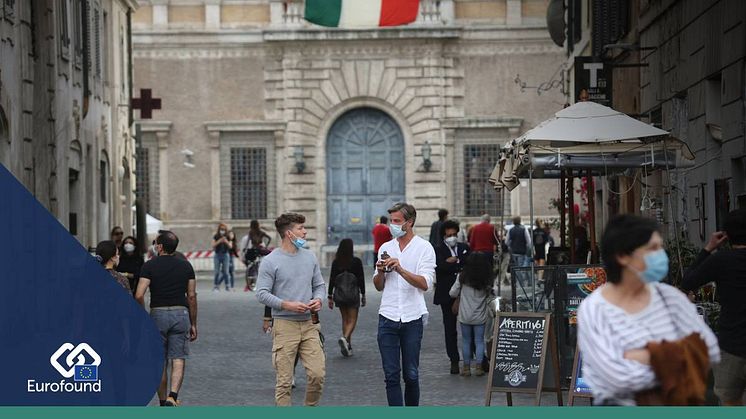
First findings from Eurofound's Living, working and COVID-19 online survey show that, despite comparatively high overall levels of life satisfaction and optimism in Ireland, women aged 18-34 in the country report being the loneliest in the EU. The first wave of Eurofound’s survey was carried out in April, with 85,000 participants – 16,599 of which were aged 18-34.
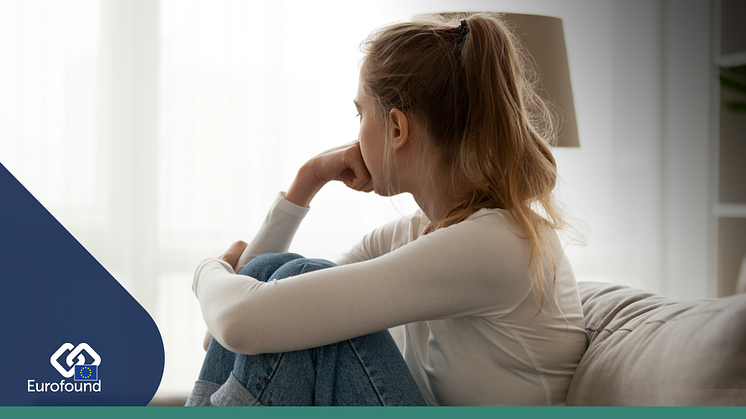
People in the EU aged 18-34 report being more likely to feel depressed, lonely, and anxious than those aged 35 and over. They also indicate lower levels of resilience in dealing with problems in life.
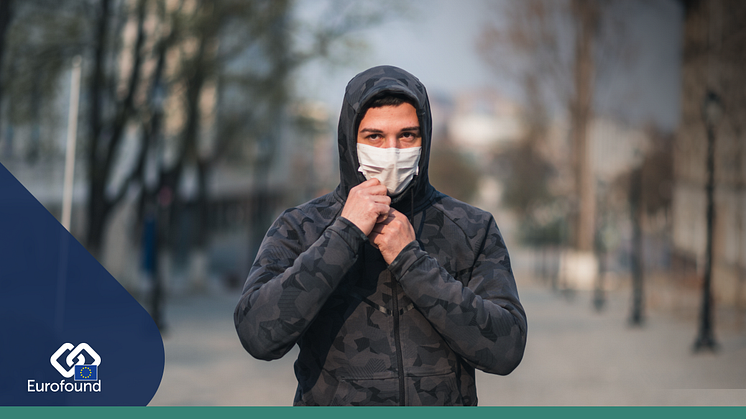
Nearly half of people surveyed in Spain report that their financial situation is worse now than three months ago, and a similar proportion expect the situation to get worse in the future. Spain also reports above EU average job loss as a result of the Coronavirus (COVID-19) pandemic.

Trust in Slovakian national government on a par with EU average during COVID-19 crisis.

People in Italy reported both the third lowest optimism for the future, and fourth lowest mental well-being, in the EU in Eurofound’s Living, working and COVID-19 online survey. The survey amassed over 85,000 responses in April, including 2,676 from Italy.
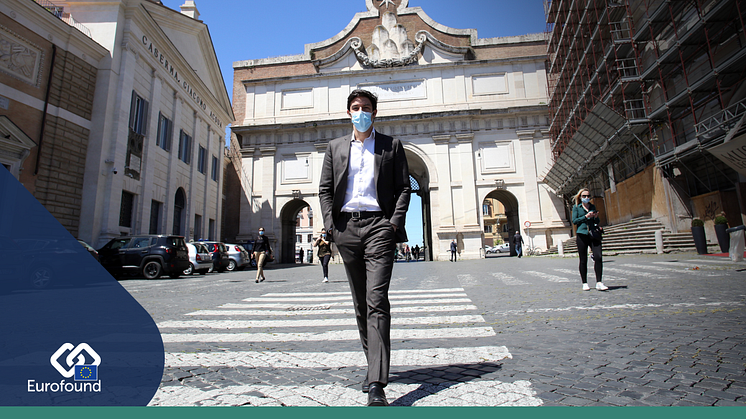
The Coronavirus (COVID-19) pandemic is having a profound impact on families and working life across Europe. In addition to the health implications, many people are now required to balance caring for and educating children, while at the same time continuing to manage work responsibilities.
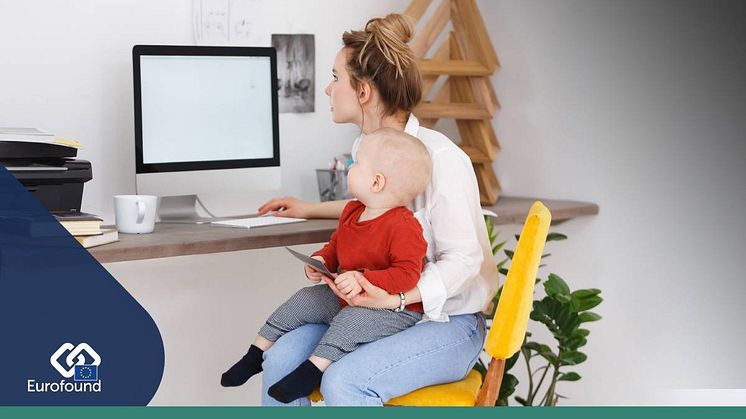
Trust in institutions such as the news media, national government, European Union, healthcare system and Gardaí has remained comparably high in Ireland during the COVID-19 pandemic, despite dropping levels of trust across Europe.
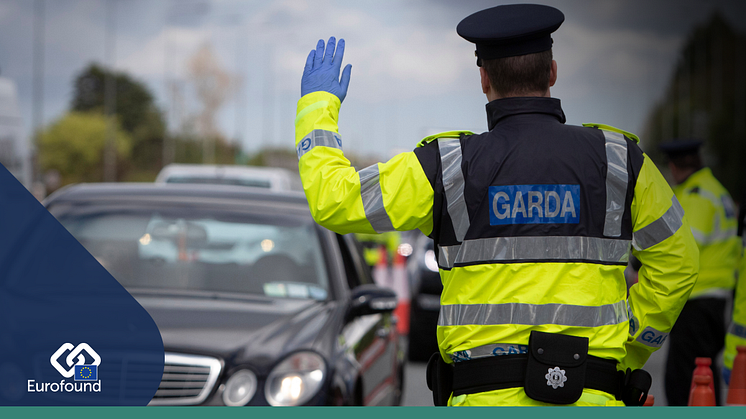
On Europe Day 2020, the EU institutions want to pay tribute through numerous online activities to the many Europeans who, in a spirit of solidarity, are helping our Union get through the coronavirus crisis.
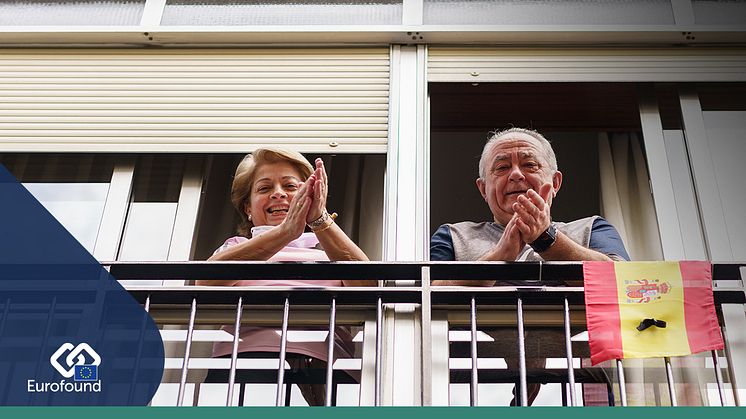
The first results from Eurofound’s Living, working and COVID-19 online survey show a Europe grappling to respond to the crisis caused by the COVID-19 pandemic with many respondents reporting high levels of loneliness coupled with low levels of optimism about their future.
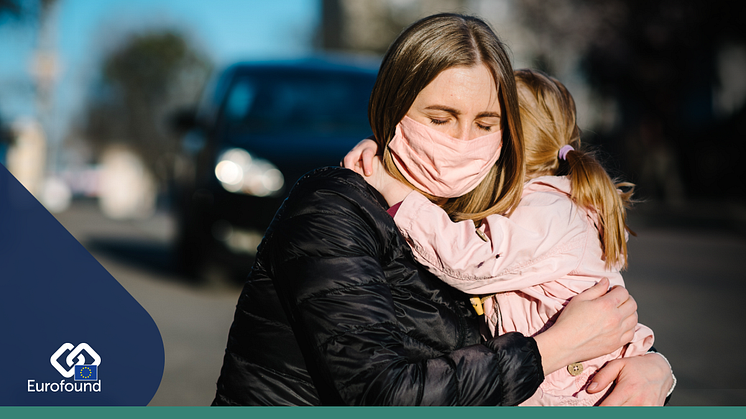
The high levels of resilience reported by the Netherlands may be of long-term benefit to the country as the outbreak of the Coronavirus (COVID-19) pandemic continues to present enormous social, economic and health challenges. The Netherlands reports the highest level of resilience across the EU, with just 17% of respondents reporting difficulty managing their lives when things go wrong.

Eurofound's analysis of the 2016 European Quality of Life Survey shows that in many countries decline in trust in institutions was a temporary phenomenon during the recession that followed the 2008 financial crisis.
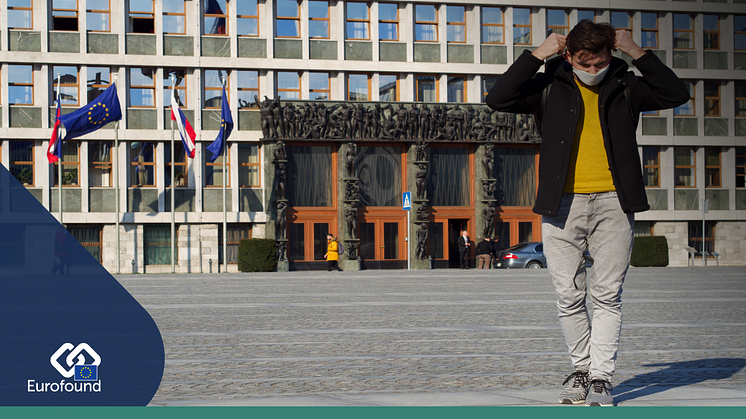
Eurofound research shows that the healthcare sector already has among the highest reported work intensity scores in Europe. COVID-19 risks not only exacerbating imbalance between sectors, but also creating a broader gender imbalance in work intensity on the labour market, as women are most represented in healthcare.
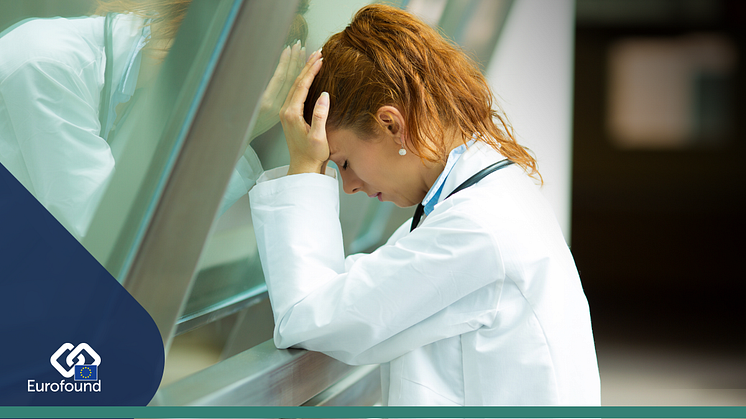
While the outbreak of the Coronavirus (COVID-19) pandemic presents enormous social, economic and health challenges, it is worth noting on Cyprus’ national day that there have been improvements to the quality of society in recent years with the level of social exclusion declining between 2011 and 2016, while at the same time, the level of trust in people has increased.

The onset of the COVID-19 pandemic has thrown societies around the world into flux and threatens to undo some of the positive progress that has taken place in recent years. However decreasing levels of societal tensions, such has been the case in Greece, may be a positive indicator of strengthening solidarity in society which is important in these difficult times.
